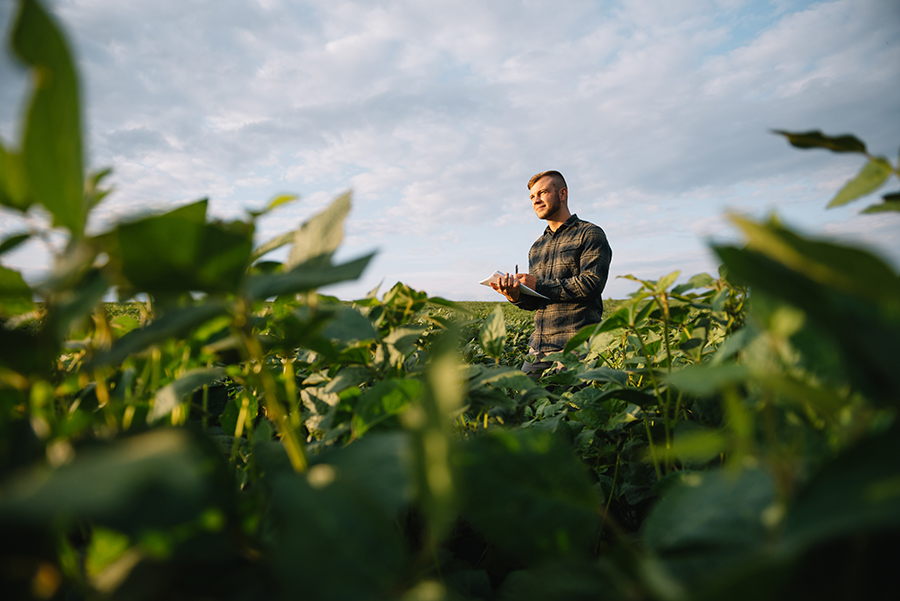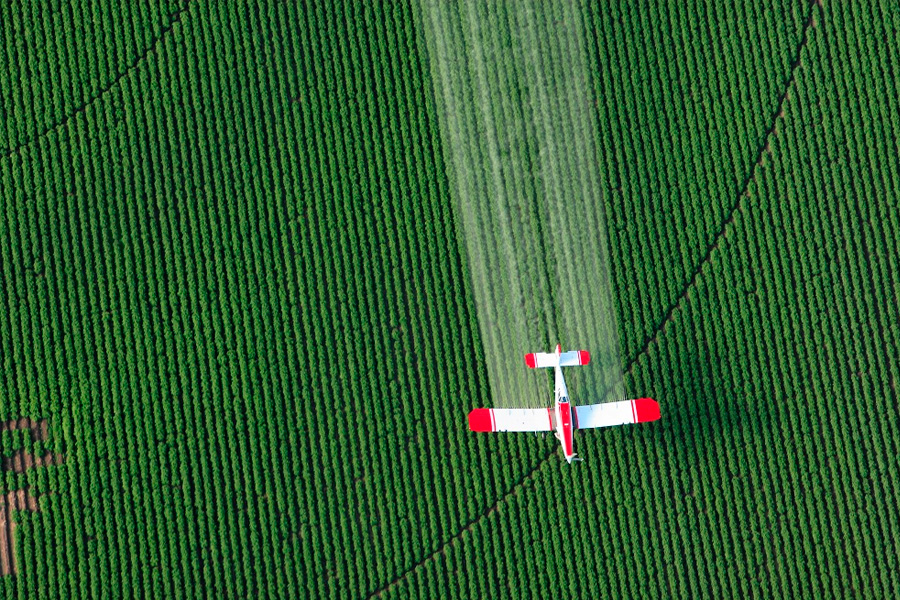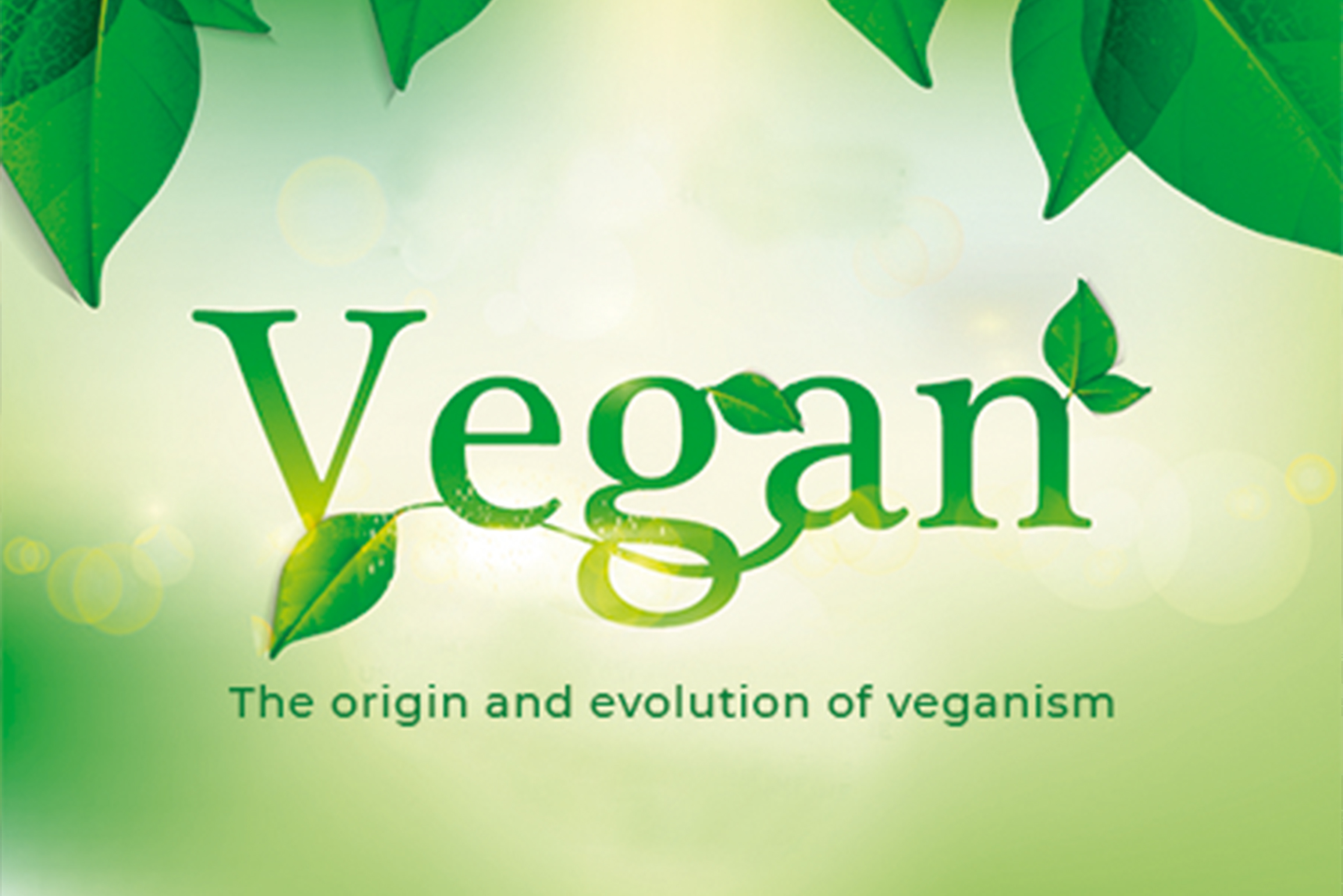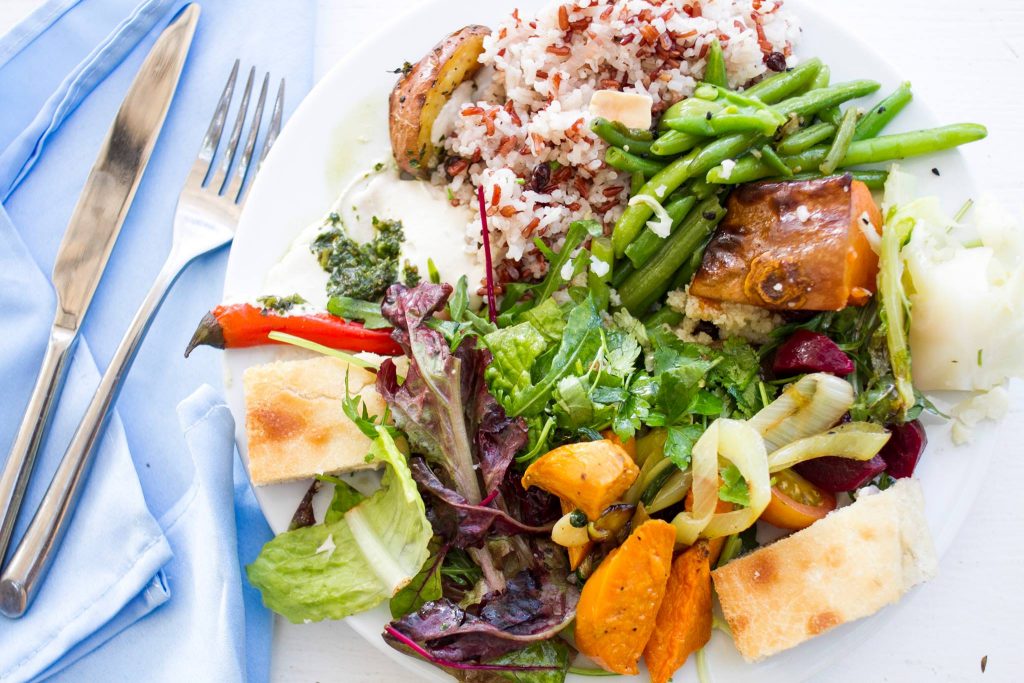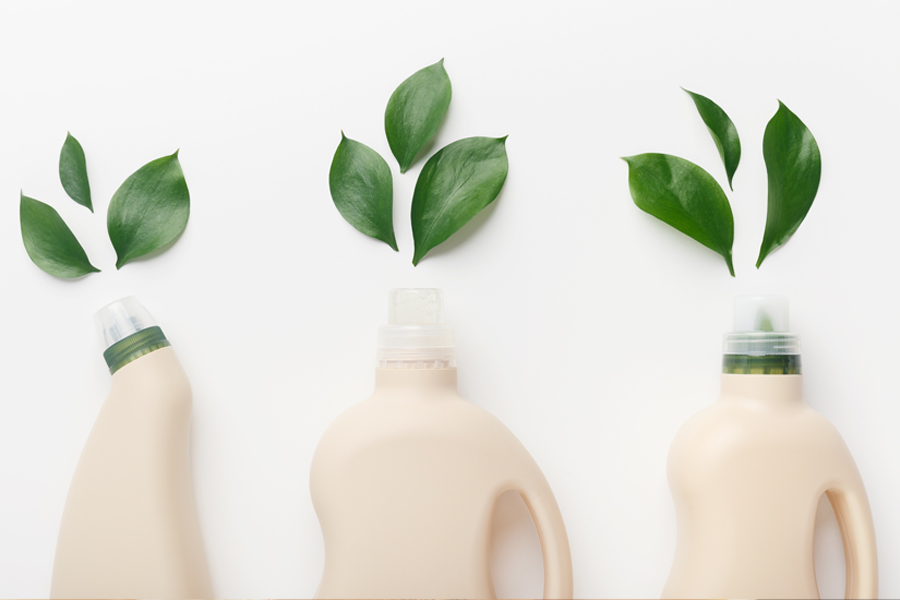Evolution of the organic sector
We said goodbye to 2019 with very positive numbers in the international organic sector. The surface area dedicated to organic production around the world is growing non-stop, so much so that in the last 21 years, it experienced a growth of 546%. In economic terms, the market value of organic food around the world, in 2017, already surpassed 90 billion euros.
In this post, we share some interesting data connected to the evolution of the organic sector, which brings us good news and promises hope for the planet.
IFOAM (Organic International & Its Actions Group) revealed in their study “The World of Organic Agriculture” on 10 February 2020, through their annual survey on organic agriculture, that the organic surface area has increased on all continents in comparison to 2017. More than 71.5 million hectares around the world are dedicated to organic production, which represents an increase of 2.9% (2 million hectares).
Australia has the largest surface area in organic agriculture (35.7 million hectares), followed by Argentina (3.6 million hectares) and China (3.1 million hectares). Due to the large surface area of organic farming land in Australia, half of the organic farming land worldwide is located in Oceania (36 million hectares). Europe has the second largest surface area (15.6 hectares), followed by Latin America (8 million hectares).
Organic farmers in the EU
In terms of organic surface area, within the list of organic farmers in the EU, Spain came in first with 2,246,475 hectares (with an increase of 7.8% with respect to the previous year), followed by France and Italy.
There is a lot of work yet to be done since worldwide only 1.5% of framing land is organic. However, many countries have much higher quotas. Countries with the highest organic proportion in their total farming land are Liechtenstein (38.5%), Samoa (34.5%) and Austria (24.7%). That said, in 16 countries, around 10% of all farming land is organic.
On the other hand, in 2018, 2.8 million organic farmers were reported. India continues to be the country with the highest number of farmers (1,149,000), followed by Uganda (210,000) and Ethiopia (204,000). Furthermore, the number of organic farmers (5.4%) and developers (5.9%) in Europe continues to grow every year.
The market value of organic food around the world already surpasses 97 billion euros, giving Europe figures of up to 40.7 billion euros. The United States is the leading market with 40 billion euros, followed by Germany, France, China, Italy, Switzerland, the United Kingdom, Switzerland and Spain.
Reporting of millions of organic producers
Regarding the competitive difficulty of organic farmers in comparison to those that exist through conventional agriculture and livestock farming, a study created by IPSOS in 24 countries in 2016 revealed that the populations with the greatest willingness to pay more for organic products are those from Asian countries, such as Indonesia (59%), India (59%) and China (58%), which are at the head of the worldwide ranking.
The greater degree of sophistication in consumer taste has boosted the demand for organic products, which represent an alternative for safe and healthy eating. Likewise, it must be pointed out that this is an interesting market due to the fact that its rise offers differential improvements in prices.
As an exception, this can be contrasted with the situation in Japan, where just 13% of those surveyed state that they would pay more for organic products.
Concern for health and environmental commitment are some of the reasons behind the transformation of the profile of the organic consumer, which, increasingly motivated by improving one’s diet and protecting the planet, is committed to products that are responsible with the environment and human health. The organic sector avoids the use of antibiotics in livestock and the use of chemicals and pesticides in agriculture, granting greater food safety, a concern that is growing currently, increased by the consequences of the pandemic caused by COVID-19.
We are very happy to know that the offering of organic products is progressively becoming less of a niche and is turning more and more into a consolidated market. Very soon, more news connected to the organic sector! If you want to stay informed about organic agriculture, don’t miss our blog and/or you can contact us.


